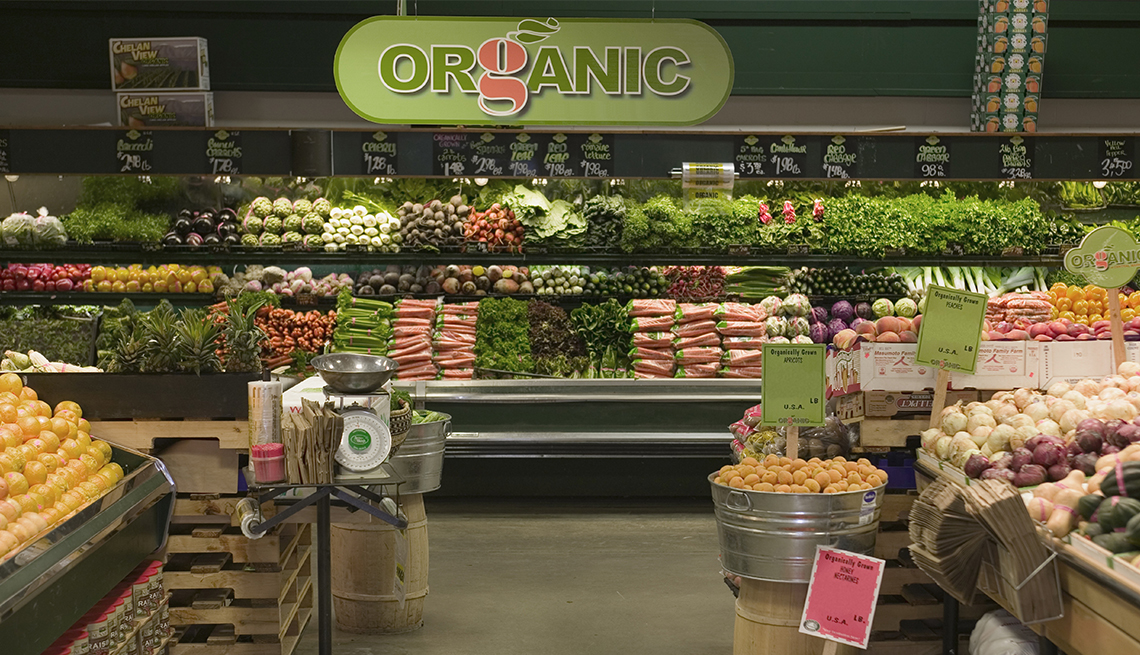#food #nutrition #organic
“Organic food has better nutritional value than conventional food”— Paul Ebeling
Some studies on organic food benefits have not find any significant health benefits, but a review of 343 studies has revealed that organic food has more antioxidants. Lower pesticide residue levels were also found in organic food. In this comprehensive review, researchers examined 343 peer-reviewed publications. They compared nutritional quality and safety of organic and conventional vegetables, fruits, and grains.
They applied sophisticated meta-analysis techniques to quantify differences between organic food and conventional food. The reliability and quality of comparison studies have also improved since earlier studies. Most of the publications covered in the study looked at crops grown in the same area, on similar soils. This approach reduces other possible sources of variation in nutritional and safety parameters.
Organic food has several nutritional benefits that stem from the producing methods. Conventionally grown crops will typically have access to high synthetic nitrogen levels. This results in them channeling the extra resources into producing starches and sugars. The harvested part of the plant will then have lower concentrations of other nutrients.
Without the synthetic chemical pesticides used on conventional crops. Organic plants also have a tendency to produce more polyphenols and phenols. These protect against pest attacks and related injuries. Polyphenols and phenols can help prevent diseases brought on or promoted by oxidative-damage.
Overall, organic crops had 18 to 69% higher levels of antioxidant compounds. Changing to organic food would provide 20 to 40% more antioxidants. That is roughly the same as 2 extra portions of vegetables and fruits daily.
Pesticide residues were 4X more likely in conventional food. Organic farmers are not permitted to use toxic, synthetic pesticides. Crops harvested from organically managed fields at times have pesticide residues. But the concentrations are generally up to 100X lower in organic food.
Conventional crops also had roughly 2X the amount of cadmium than organic crops. Cadmium is a toxic heavy metal contaminant. Fertilizers used only on conventional farms make cadmium more available to the roots of plants. Doubling the cadmium from food could result in going over safe daily intake levels.
Eat healthy, Be healthy, Live lively









